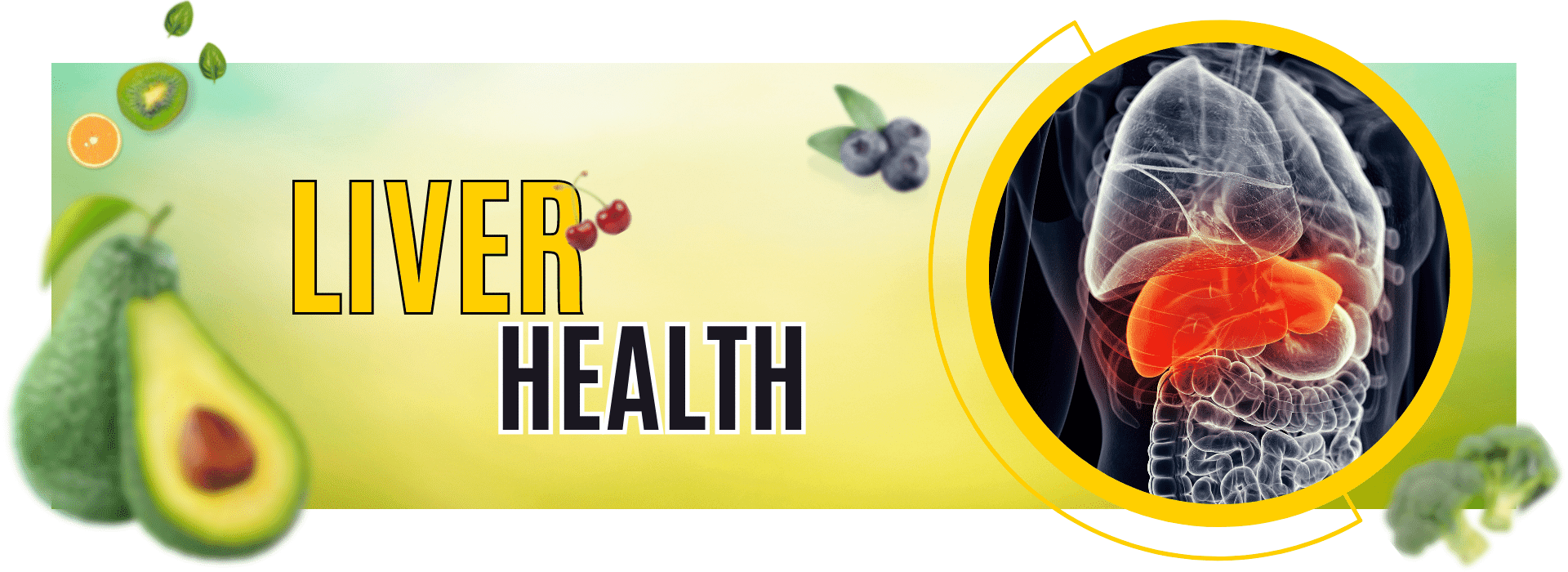

About Liver Health
The liver is a vital organ in the body that performs several essential functions. Here are some of the key functions of the liver:
Metabolism: The liver plays a crucial role in metabolism, which is the process by which the body converts food into energy. It helps to regulate blood sugar levels, and also stores and releases energy as needed.
Detoxification: The liver is responsible for removing harmful substances from the body, including toxins, drugs, and alcohol. It converts these substances into less harmful compounds that can be eliminated from the body.
Protein synthesis: The liver produces many of the proteins that are needed by the body, including blood clotting factors and albumin, which helps to maintain fluid balance in the body.
Bile production: The liver produces bile, which is needed for the digestion and absorption of fats in the small intestine.
Liver Disease
Many health problems can keep your liver from functioning properly and cause disease. There are several common symptoms of liver disease, including jaundice, liver failure and liver enlargement.
The types of liver disease include:
- Alcoholic Liver Disease. Alcoholic liver disease is a result of alcohol abuse. A large percentage of Americans drink alcohol, and most do not develop liver disease as a result. However, those who continue to consume alcohol excessively may cause injury to their liver.
- Cholestasis. This happens when the flow of bile from your liver is limited or blocked. Cholestasis can be caused by certain drugs, genetic factors or even pregnancy. It can also happen from a blockage caused by a tumor or a gallstone stuck in the body’s digestive system.
- Cirrhosis. This is a hardening of your liver due to scar tissue. Heavy alcohol use and viruses like hepatitis are common causes of cirrhosis. Diabetes, immune problems and genetic diseases can also cause the disease.


How AFNC helps you with Muscle Building Program?
Liver plays a vital role in our body which breaks down and creates the nutrients. Fatty liver can cause you skin problems, indigestion and other severe problems.
Good thing is that its easily curable, if a healthy balanced diet is followed.

